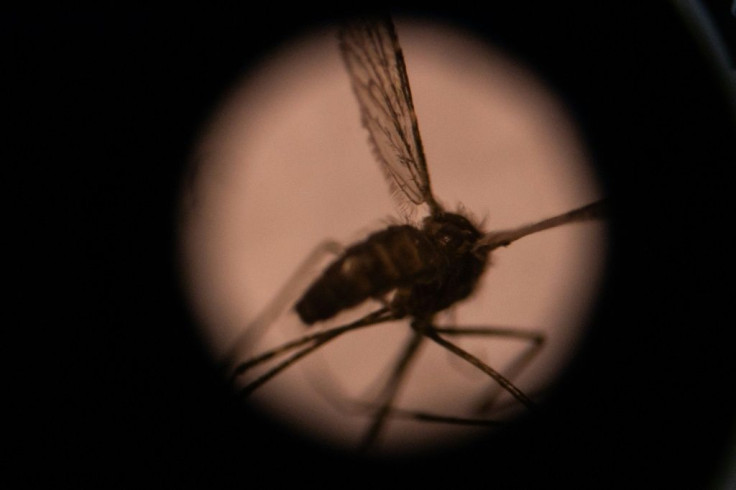World Mosquito Day: How You Can Help Combat Diseases Spread By The Insect
World Mosquito Day, observed on Aug. 20 annually, marks the day when British doctor Sir Ronald Ross discovered in 1897 that female Anopheles mosquitoes transmit malaria.
Mosquitoes may be tiny creatures, but they are among the deadliest animals, killing "more people than any other creature in the world" through mosquito-borne diseases.
This World Mosquito Day, the goal is to continue raising awareness of these dangers, while also highlighting the "incredible innovations" that are helping the world in the battle against malaria and other mosquito-borne diseases.
For instance, decades of research and innovations have prevented 1.5 billion malaria cases and saved 7.6 million lives since 2000. Technology advancements have also helped make malaria preventable and treatable.
However, many people still get infected with malaria, with about 400,000 people dying from the disease in 2019, two-thirds of whom were children under 5 years old. This grim statistic shows the importance of raising awareness of the dangers that mosquitoes carry, and continuing to invest in life-saving innovations.
"The current set of tools will not be enough to eradicate malaria, especially as a growing insecticide and drug resistance threatens prevention, treatment, and elimination of malaria," RBM Partnership noted. "We need ongoing investment in transformative tools to successfully eliminate malaria within a generation."
Although the fight seems like a massive one, there are simple things people can do to help make things better and support the cause. Below are some of them. (Courtesy: RBM Partnership, National Today and NDTV)
1- Learn more about malaria- As a disease that continues to affect many lives, it's important to be more aware of the burden of this disease, including the places where it is most prevalent and how to protect yourself and others from it.
2- Join the conversation- Whether it's on Twitter, Facebook or other platforms, anyone can join the discussion to help raise awareness and perhaps learn more about the "cutting-edge" research that's helping in the battle. You can use the following hashtags: #WORLDMOSQUITODAY, #MOSQUITOCHAT, #ZEROMALARIA or #DRAWTHELINE.
3- Learn about other mosquito-borne diseases- Apart from malaria, different mosquitoes also carry different diseases that can affect people. For instance, the Anopheles mosquito that causes malaria may also cause lymphatic filariasis, while Aedes mosquitoes can also cause other dangerous diseases such as dengue fever, zika virus, chikungunya and yellow fever. Meanwhile, Culex mosquitoes can cause diseases such as West Nile fever and Japanese encephalitis.
4- Raise money for or donate to organizations- Another way of contributing to the fight against malaria and other mosquito-borne diseases is by supporting organizations that take a stand against the threat. You can either raise funds for or make donations to organizations that distribute life-saving instruments against malaria to affected communities. You can also support those that are involved in research on possible vaccines and treatments, as well as groups that aim to educate people about mosquito-borne diseases.

© Copyright IBTimes 2025. All rights reserved.






















